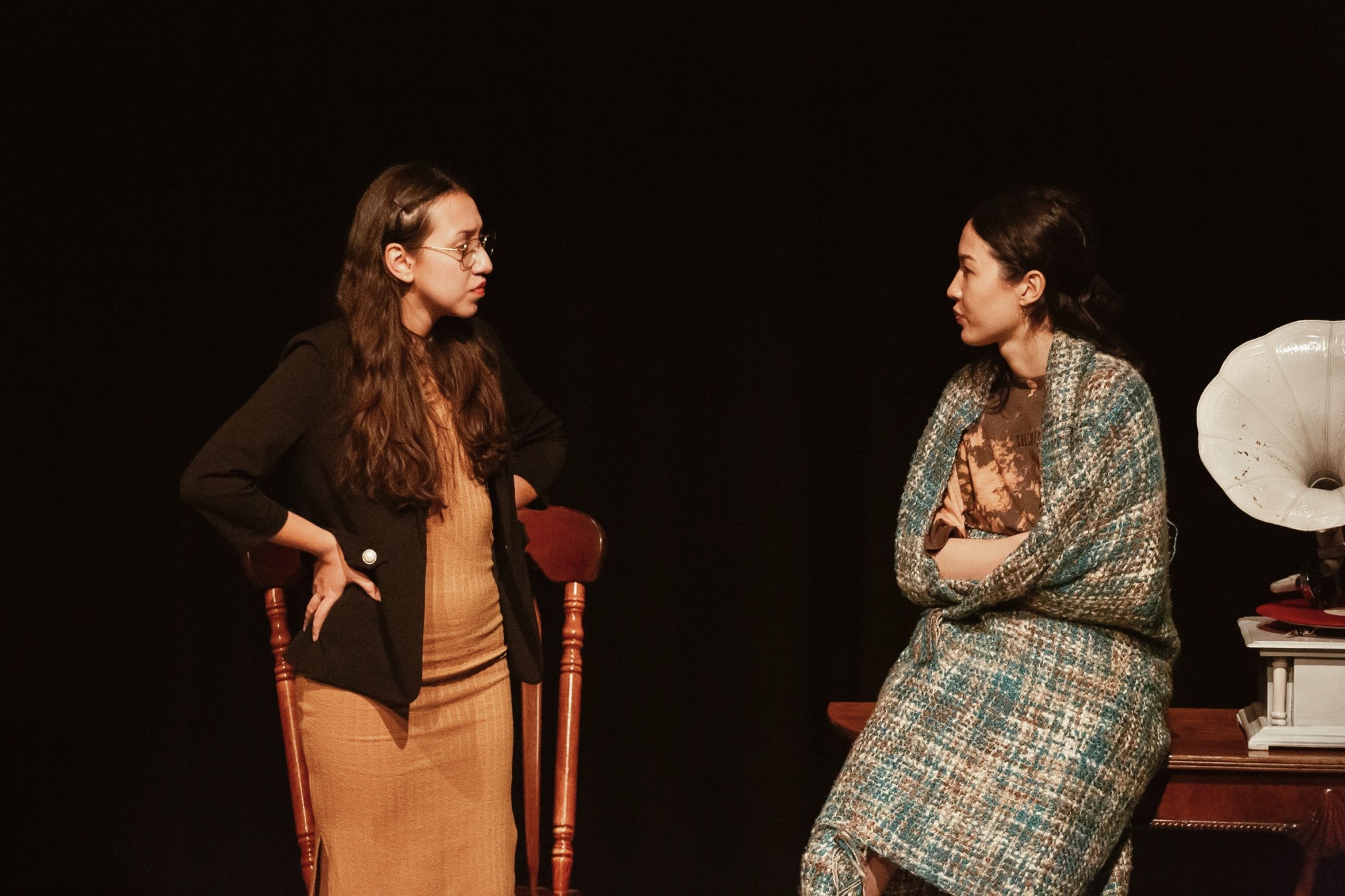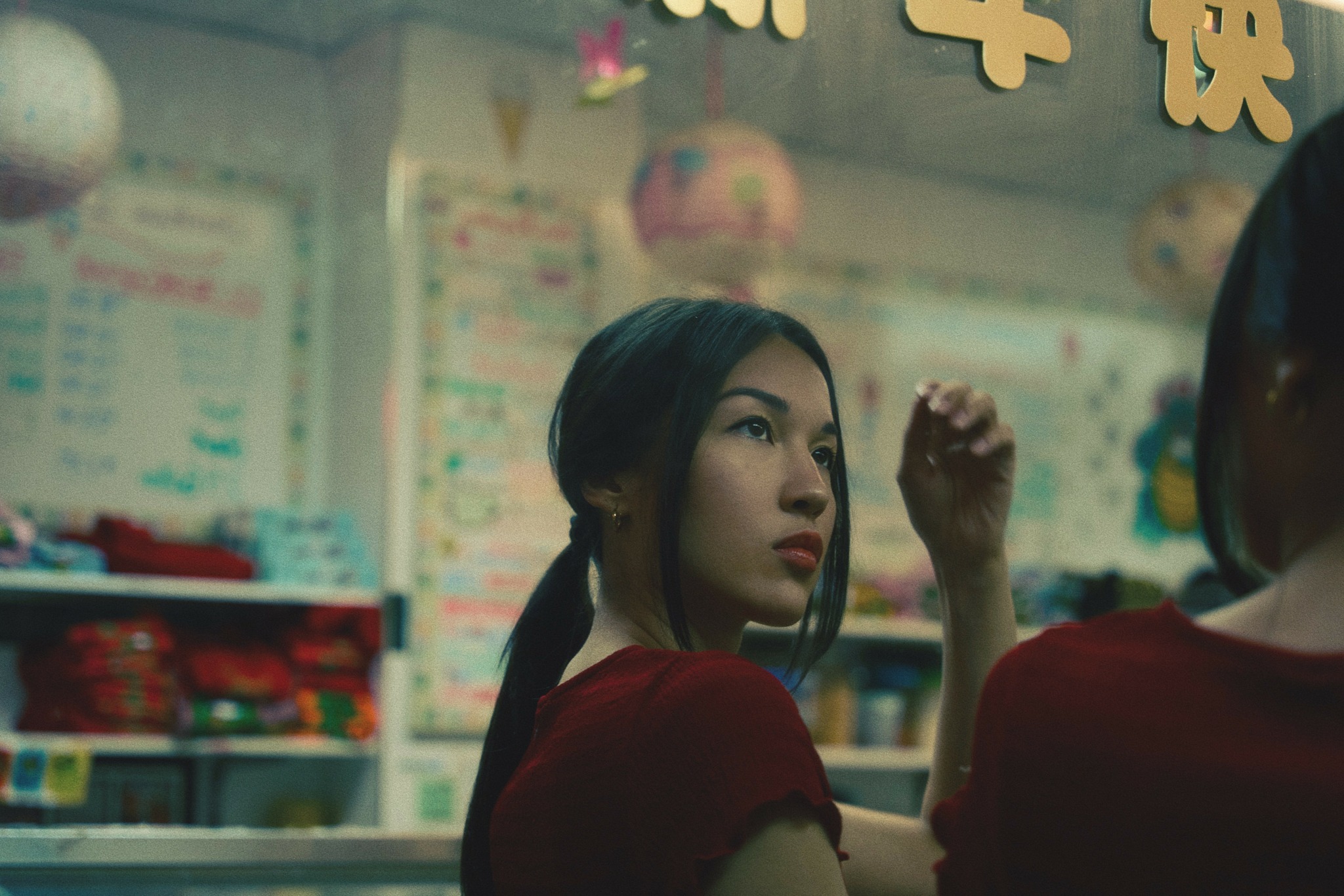We’re excited to introduce you to the always interesting and insightful Natalia Yi. We hope you’ll enjoy our conversation with Natalia below.
Natalia, looking forward to hearing all of your stories today. How did you learn to do what you do? Knowing what you know now, what could you have done to speed up your learning process? What skills do you think were most essential? What obstacles stood in the way of learning more?
How did you learn to do what you do?
I learned through a mix of curiosity, risk-taking, and persistence. I started by filming my friends with an old camera I found at home and learning how to edit before it was a common skill. Later, I gained experience working on music videos and small projects, but I quickly realized that to become a better and more respected director, I had to understand what each person on set was doing.
After being rejected from film schools in Moscow, I applied abroad and was accepted to a film school in Toronto. There, I had the chance to try nearly every crew position on set, but I still felt something was missing. I left everything I had built in Toronto and moved to New York to study Method Acting. That was the missing piece beyond the technical side of filmmaking—I needed to understand actors too. Even though I was terrified to perform, every step became both an education and a challenge.
Knowing what you know now, what could you have done to speed up your learning process?
If I could go back, I would’ve given myself permission to be more open earlier—to speak up, share, and collaborate, even while being shy. The fear of not being “ready enough” slowed me down. I was always quietly observing, but sometimes I wish I had taken more active risks earlier on. That said, I believe my path had to unfold the way it did. My growth wasn’t just technical—it was personal.
What skills do you think were most essential?
Patience, courage, and the willingness to adapt. So the ability to keep going without a clear idea of what’s coming next was essential. Also, curiosity—I always wanted to understand more than what’s visible to everyone. Later, acting helped me develop presence, empathy, and the confidence to connect with others—skills that now deeply inform my directing.
What obstacles stood in the way of learning more?
For a long time shyness kept me from fully expressing myself or engaging in group dynamics. Language was another major challenge—moving to a new country with limited English made everything harder. But more than anything, the emotional hurdle of building confidence, of allowing myself to be seen, was the hardest to overcome. It slowed me down, but it also made the process more meaningful.
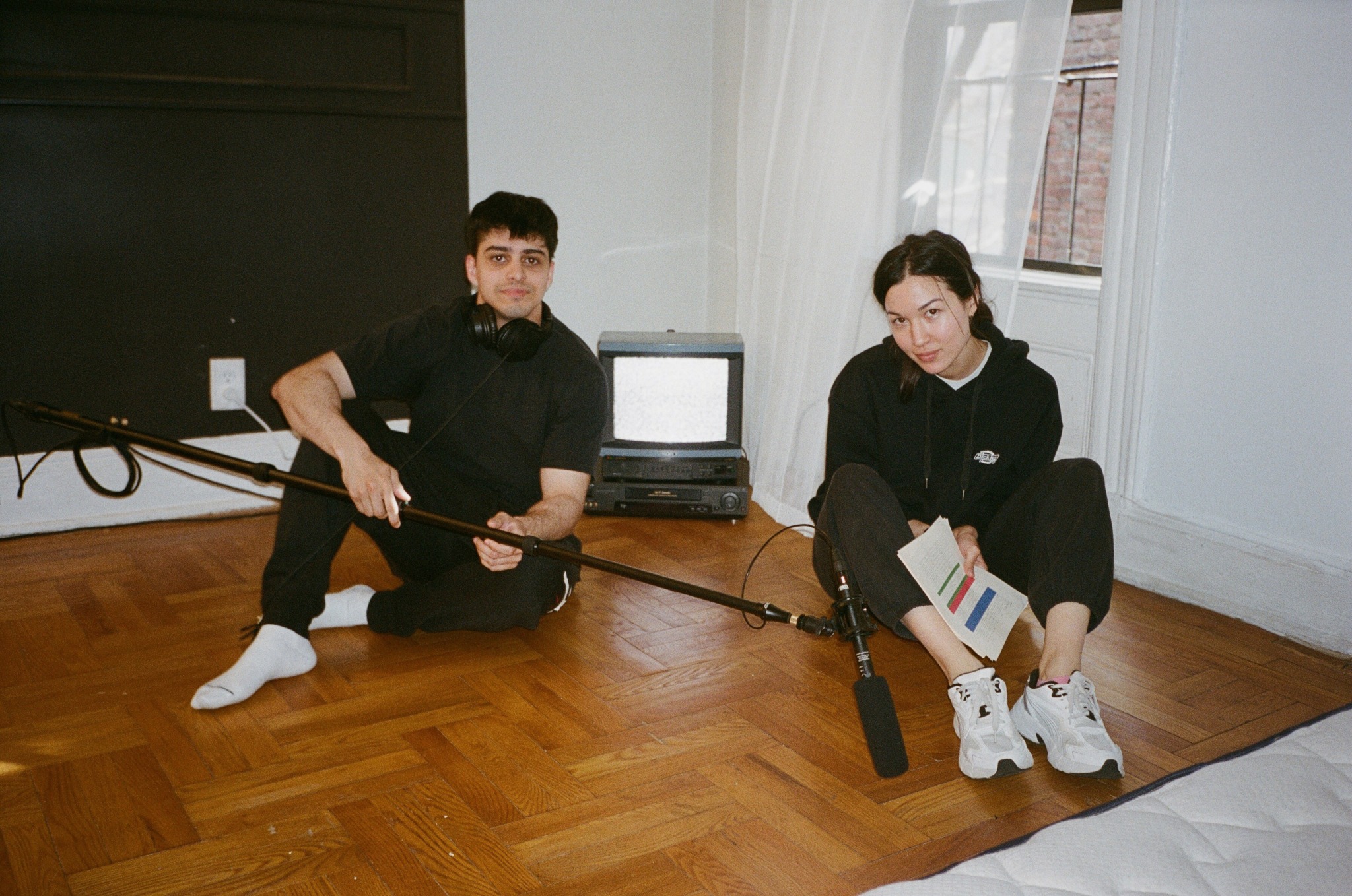
Natalia, before we move on to more of these sorts of questions, can you take some time to bring our readers up to speed on you and what you do?
I’m a filmmaker and performer based in New York City. My creative journey began nearly fifteen years ago. Back then, I had no idea it would grow into something big and meaningful. As a kid, I was captivated by the blockbusters I watched with my dad—worlds that didn’t exist in real life were real on screen. I was curious about how it was possible to create them. One day, I found an old camera at home. I know that’s not unusual—many people had one—but discovering that item changed the direction of my life. I began filming my friends and dance rehearsals, and I taught myself how to edit the footage. It was still the early days, when video editing was rare outside of professional circles. That’s also why I loved it—it felt like I was doing something no one else around me was doing.
I realized this was more than a hobby when others started asking me to shoot something for them. My first public screening was a graduation video I made for my class—and to my surprise, people loved it more than the professionally produced ones. That moment was the spark that set everything in motion.
I moved to Moscow to study journalism with the goal of getting into the film & TV program, but I didn’t get in. It was one of many moments that could have pushed me off track. But I never stepped away from my path. I dropped out of university after three years and continued chasing filmmaking in any way I could. I was shy at the time, which made things harder. Everything took longer, but I kept moving—slowly, but with intention.
Eventually, I got involved in music video production, working with well-known Russian artists. That was my first real experience on a professional set. But I wanted more—I wanted to understand how the whole machine worked, not just key crew roles. That desire led me to apply to film schools. After being rejected in Moscow, I applied abroad. I was accepted into a film program in Toronto.
That experience came with a whole new set of challenges. I barely spoke English and had to translate every class recording word by word. When it came time to pitch my final project, I was nervous, and I wasn’t understood. My idea wasn’t chosen, and I was devastated. But I couldn’t leave school without a movie. So, just one week before graduation, I wrote a script in a single night, pulled together a crew, and shot my first short film in three days using every bit of access I had left. It was rough, but it was mine.
After Toronto, I moved to New York City. I enrolled at the Lee Strasberg Theatre & Film Institute to study Method Acting. I wasn’t planning to become an actress, but I wanted to learn how to direct actors by understanding their world. That choice changed everything. At first, I couldn’t even complete the simplest exercise—standing silently and looking out into the audience. But two years later, I was performing in front of a full house. Acting taught me presence, vulnerability, and empathy—qualities that deeply inform how I work now, both behind the camera and in front of it.
Today, I work across film and theater—as a director, crew member, and performer. What sets my work apart is that I’ve lived both sides of the process: the technical craft and the emotional depth. I know how to guide a set, and I know what it feels like to be the most exposed person on stage.
It took me a decade of slow, steady steps to get to where I thought I’d be by 22. But I’ve learned that good things take time, and I carry that lesson into every project I touch. I believe in meaningful work over fast results—whether I’m directing, performing, or supporting someone else’s vision.
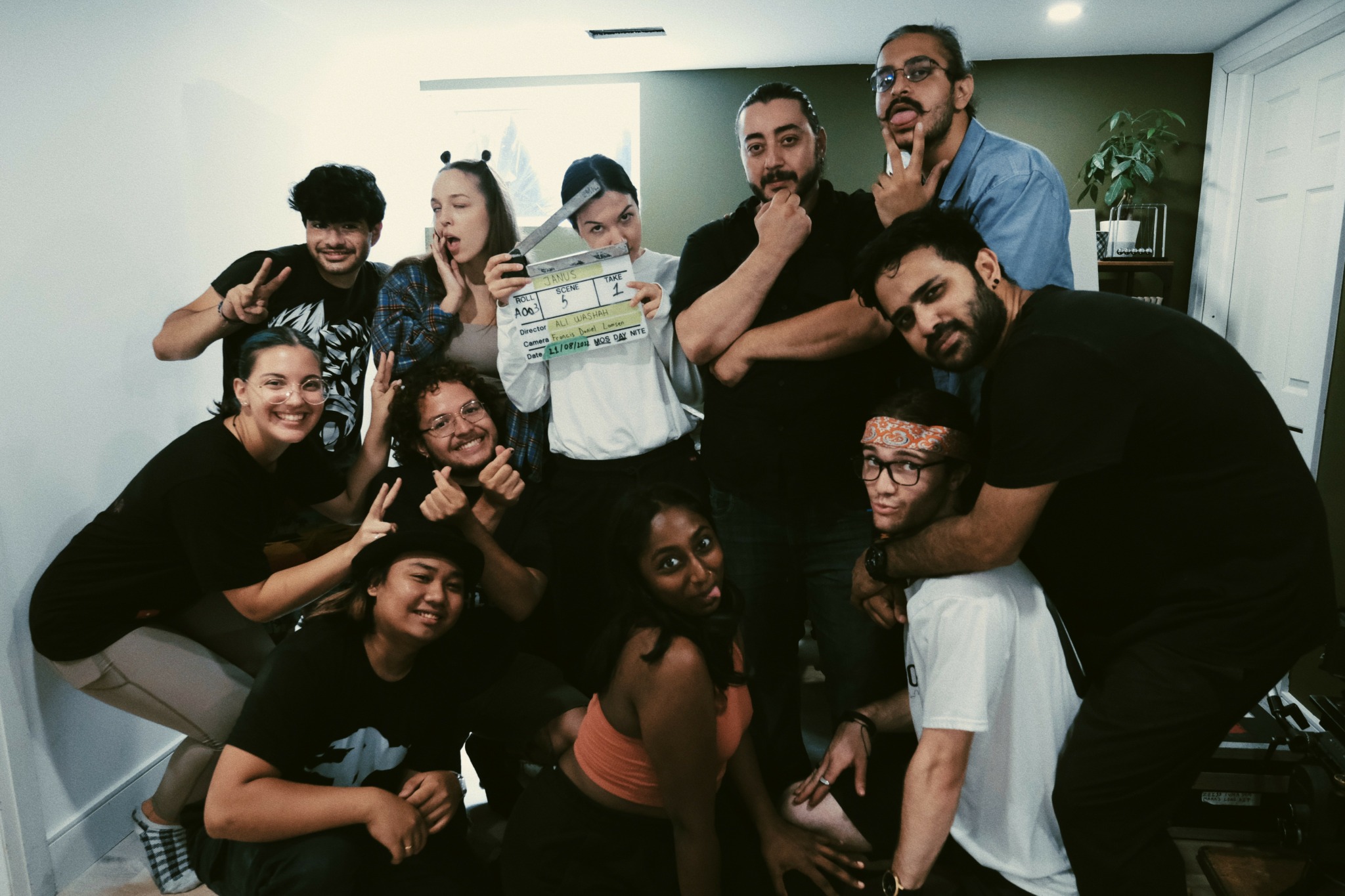
In your view, what can society to do to best support artists, creatives and a thriving creative ecosystem?
One of the most powerful things society can do is simply to listen and treat artists as essential, not optional. We are often asked to entertain, but not always given space to be taken seriously as storytellers, healers, or visionaries. Respecting the emotional labor behind art, and allowing for risk and failure, helps nurture a truly thriving creative ecosystem.
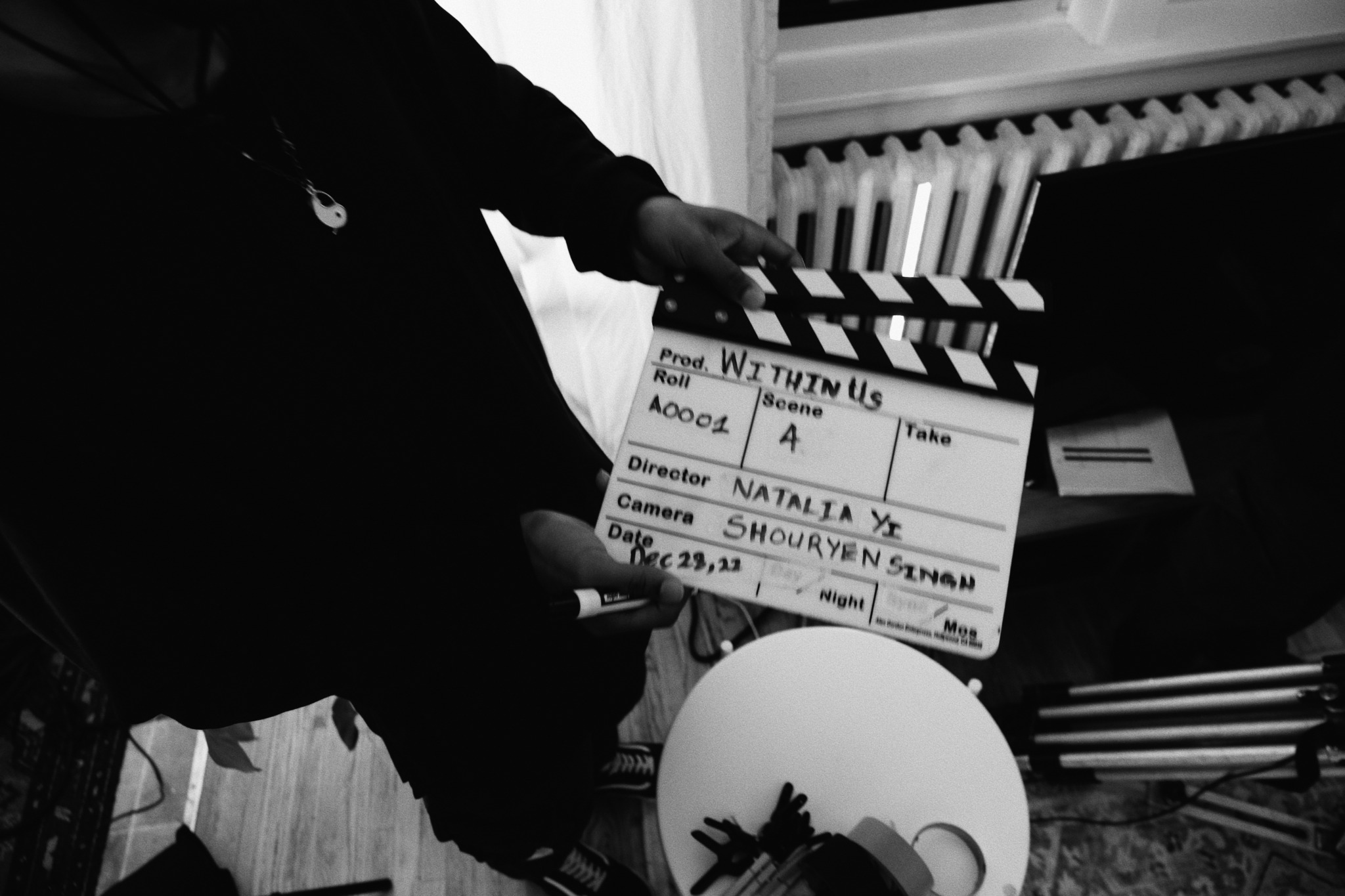
Is there mission driving your creative journey?
I’m driven by a need to tell stories that are often left in the background—quiet emotions, internal struggles, in-between moments. Whether through film or performance, I want to create work that captures the invisible layers of being human. Not everything has to be loud to be powerful. Sometimes a subtle truth is the one that stays with you the longest.
Contact Info:
- Website: https://www.nataliayi.com/
- Instagram: https://www.instagram.com/yinatau/
